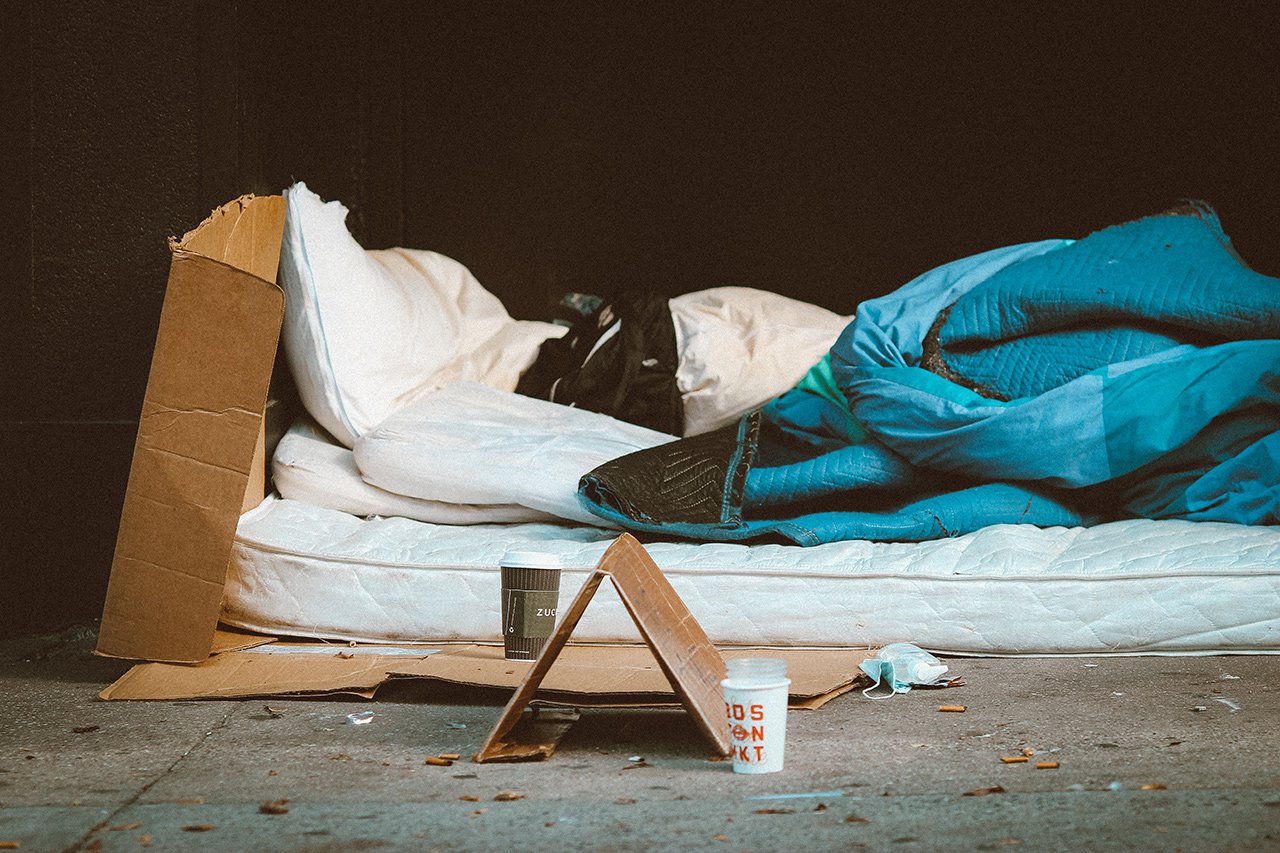
On any given day, there are more than half a million Americans who are without a home. Los Angeles is facing a mounting population of unhoused people that has become increasingly serious as the COVID-19 pandemic has dragged on. A lack of affordable, fair housing is a severe crisis with significant consequences for women and young children. Living without a street address creates challenges for all sorts of people – however, the most vulnerable of all might be unhoused mothers who do not have a spouse or partner.
Gender plays a significant role in a person’s ability to find and obtain work, housing, personal opportunities, and stability. While gender is seldom discussed in policy-level conversations around housing and poverty, women face structural and systematic disadvantages in trying to overcome housing challenges. It is not unusual for unhoused women to have a history of domestic violence or abuse, which is linked to mental health issues and substance use disorders. Women are less likely to have a safety net once they become unhoused, especially if they are fleeing unsafe conditions or a violent partner.
Access to stable housing and personal resources is particularly vital for single mothers of young children. Women who have recently given birth are at an elevated risk for a number of mental health conditions, including postpartum depression, postpartum psychosis, and post-traumatic stress disorder. A predictable, calm environment is essential for new mothers to bear the mental and emotional toll of raising an infant. A recent study indicated that postpartum depression could increase a woman’s likelihood of being without housing within nine months of giving birth. Postpartum depression impacts newborns, too – infants of mothers with postpartum depression have been known to experience spikes in stress, difficulty socializing, and impaired cognitive development.
Babies and young children are extremely vulnerable when they are born into poverty or are unhoused at an early age. Newborns of unhoused women are more likely to require extended hospital stays or intensive care at birth and are more likely to be born below an average or acceptable birthweight. Infants born into an unhoused family may face lasting health issues that persist into their childhood and adulthood, including respiratory issues, developmental disorders, and asthma.
Unhoused women who become pregnant are yet another group that faces severe danger. Compared with women who have secure housing, pregnant, unhoused women are significantly more likely to suffer from pregnancy-related complications, including high blood pressure, iron deficiency and anemia, nausea and vomiting, hemorrhage, placental problems, and abdominal pain. Unhoused pregnant women face steep barriers to every type of health care, including prenatal care, mental health services, and substance abuse treatment.
Since Maryvale was founded in 1856, we have been committed to providing housing and essential services to Los Angeles’ most vulnerable populations. Today, we are bringing that promise to life through Seton House, a program that provides shelter and life-changing assistance to single mothers in need. In recent weeks, we welcomed our first families to the Seton House program, and we are thrilled to be able to make an impact and set them up for long-term housing and stability.
Through the Seton House program, Maryvale provides safe, temporary housing for single mothers, empowering them with tools to help change the trajectory of their lives. By creating opportunities and meeting single mothers’ basic needs, we can deliver the best of Maryvale’s well-established practices to our local community, where housing inequality is soaring.
At its core, our Family Housing program provides comfortable housing and life skills training for mothers to help end the unhealthy cycle of being unhoused for a mother and her children. We recognize that an unhoused mother’s life is complicated and deserves to be treated delicately. Through case workers, mentorship, and an individualized program designed around each mother’s personal circumstances, we will address their unique challenges through a trauma-informed lens.
Learn more about Seton House and get in touch with us if you are interested in getting involved. To learn more about our volunteer opportunities and how you can be a part of transforming the lives of our young mothers, please contact Program Manager, Crystal Overstreet at 626.537.3305 or coverstreet@maryvale.org. To schedule a tour of Seton House or to make a donation, please contact Director of Development and Communications, Allyson Simpson at 626.537.3340 or asimpson@maryvale.org.






